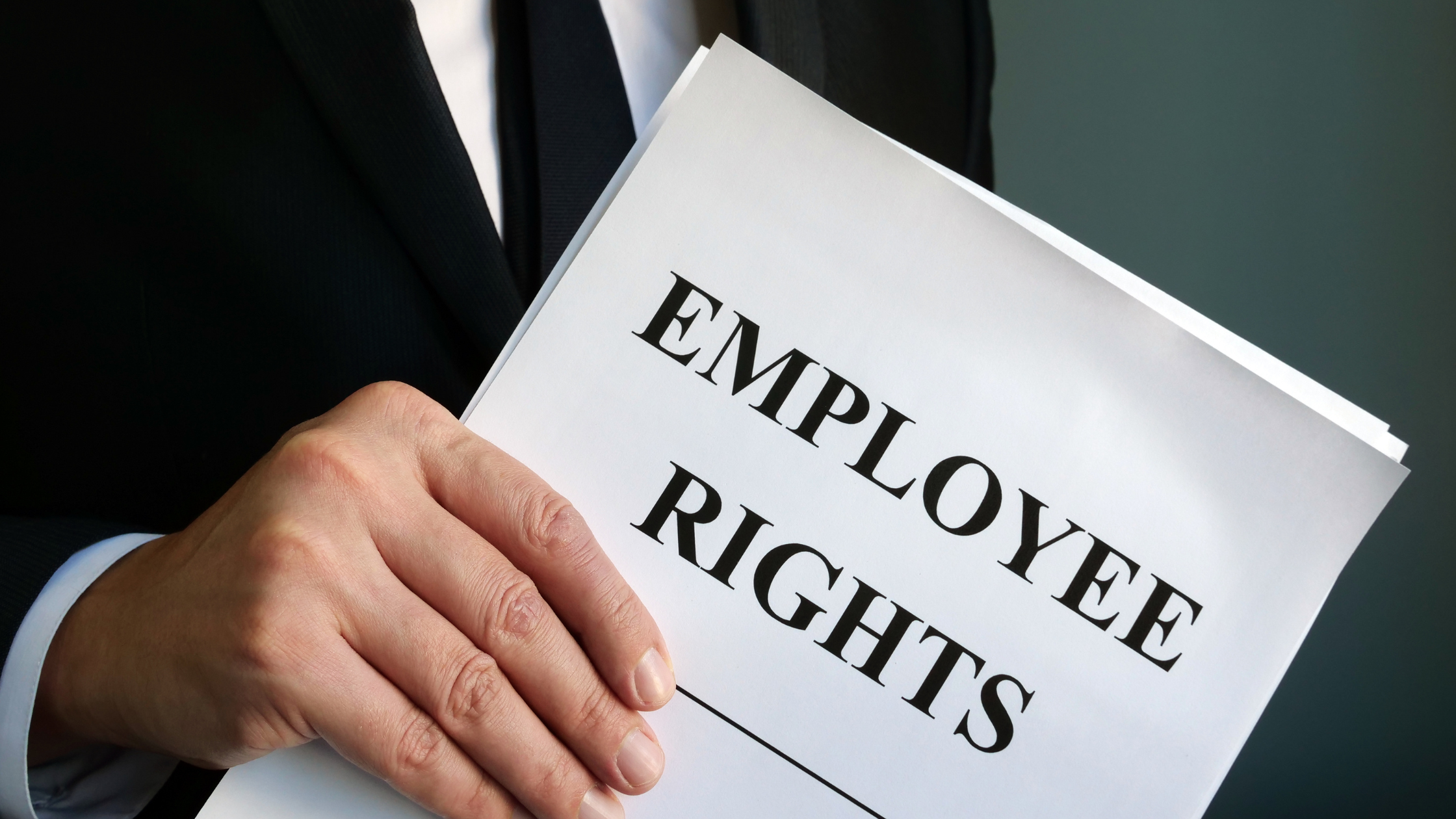Unconscious bias in the workplace refers to the unconscious stereotypes and prejudices that people hold. These biases can affect our behaviour and decision-making in ways that we are not aware of.
In the workplace, unconscious bias can lead to discrimination against certain groups of people, such as women, people of colour, and members of the LGBTQ+ community. It can also prevent people from being hired, promoted, or fairly compensated. Read our article on how to understand and improve diversity in the workplace.
While you may think that you do not have an unconscious bias towards certain candidates, research shows that even when CVs are identical, those with white-sounding names are 50% more likely to get a job interview than ethnic-sounding names.
Unconscious bias can manifest in many different ways in the workplace. For example, a hiring manager might have an unconscious bias against hiring women for certain roles, leading them to overlook qualified female candidates. Read here for our article on gender equality and diversity in the workplace.
Another example is a manager who might have an unconscious bias against promoting employees who are members of certain racial or ethnic groups. Read here for our article on racial equality and diversity.
If unconscious bias is left unchecked, it can have a drastic impact on employees’ productivity, where one survey found that workers who reported experiencing workplace bias were 33% more likely to feel alienated, and 80% of employees would not refer other people to their employer.
The impact of unconscious bias in the workplace can be detrimental, with 34% of employees saying they withheld new ideas from their organisation, 80% do not refer others to work at their company, and 48% admitted to searching for another job in the last 6 months.
Now we understand the consequences that can come from unconscious bias, let’s start off with taking a look at the disadvantages of unconscious bias in the workplace…
The Disadvantages of Unconscious Bias in the Workplace
Unconscious bias in the workplace can have many disadvantages, including:
- Discrimination against certain groups of people, such as women, people of colour, and members of the LGBTQ+ community.
- Inequalities in hiring, promotion, and compensation.
- A lack of diversity in the workplace.
- A less inclusive work environment.
- A decrease in productivity and morale among employees.
- Damage to the employer’s reputation and credibility.
Unconscious bias can also lead to legal problems for employers if it results in discrimination or unequal treatment of employees. It can also create a hostile work environment, leading to high turnover rates and a lack of job satisfaction among employees.
Overall, unconscious bias can be detrimental to both the employer and the employees, and it is important for employers to take steps to mitigate its effects.
How to Overcome Unconscious Bias in the Workplace
To overcome unconscious bias in the workplace, it’s important for employers to take a number of steps, including:
- Educating employees about unconscious bias and its effects. This can be done through diversity and inclusion training programs.
- Establishing diversity and inclusion goals and tracking progress towards meeting those goals. Read here for our article on goal setting.
- Creating systems to prevent discrimination and bias, such as anonymous hiring processes and objective performance evaluations.
- Providing opportunities for employees to interact with people from different backgrounds and perspectives.
- Encouraging open and honest communication about diversity and inclusion.
Individuals can also play a role in overcoming unconscious bias by being aware of their own biases and taking steps to mitigate their effects. This can include things like actively seeking out perspectives and experiences that differ from their own, challenging their own assumptions and stereotypes, and seeking feedback from others.
By being aware of unconscious bias and taking steps to address it, both employers and individuals can create a more diverse and inclusive work environment.
Let’s start doing something about Unconscious Bias in the Workplace!
If you haven’t already, then it’s important to consider that your business is combating any biases it may have. Use this article as the first step in understanding how you can tackle any hidden biases you may feel.
Do you know of any more ways to prevent unconscious bias in the workplace? Give us an email at info@rekkruut.com, or let us know on our LinkedIn or Facebook Pages!
Don’t forget to subscribe to our RekkTalk Newsletter, and visit our RekkBlog!



